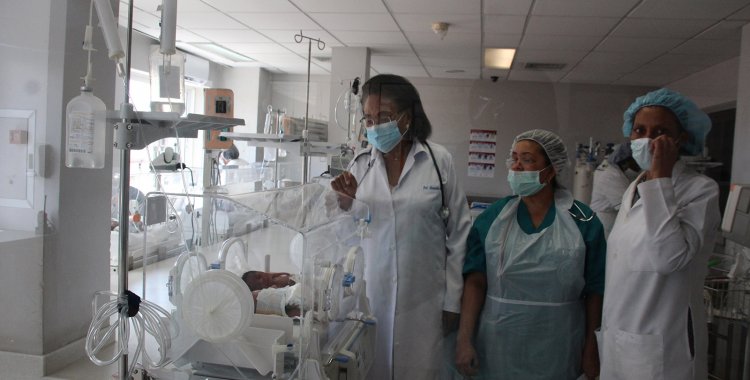The law also mandates the discontinuation of professional technical courses in Nursing and Clinical Analysis at all public, public-private, and private health technical institutes in the provinces of Bengo, Benguela, Cuanza Sul, Huambo, Huíla, Icolo and Bengo, Luanda, Malanje, Namibe, and Uíge, for a period of five years.
Alternatively, health institutes may diversify their training offerings into other technical secondary health courses, namely Pathological Anatomy, Cardiopulmonology, Stomatology, Pharmacy, Physiotherapy, Nutrition and Dietetics, Orthotics, Orthoptics, Radiology, and Environmental Health, provided they meet the legally established requirements.
The measure, the government stated in a statement seen by VerAngola, aims to organize and regulate the emergence of private institutions for training health technicians, with the aim of improving the educational process and the quality of professionals who provide care to the population.
Final-year students at the targeted institutes must undergo an official three-month internship for leveling and equivalency, following a protocol defined in partnership with the Ministry of Health's professional associations and associations as a condition for certification.
The document states that in the provinces of Bié, Cabinda, Cuando, Cubango, Cuanza-Norte, Cunene, Lunda Norte, Lunda Sul, Moxico, and Zaire, institutes may enroll students in Nursing and Clinical Analysis programs, provided they meet the legally defined requirements.
The inspection services of the Ministries of Education and Health must ensure supervision, monitoring, and compliance with this decree, which also allows for the diversification of training offerings in other technical secondary health programs, the Executive adds.







